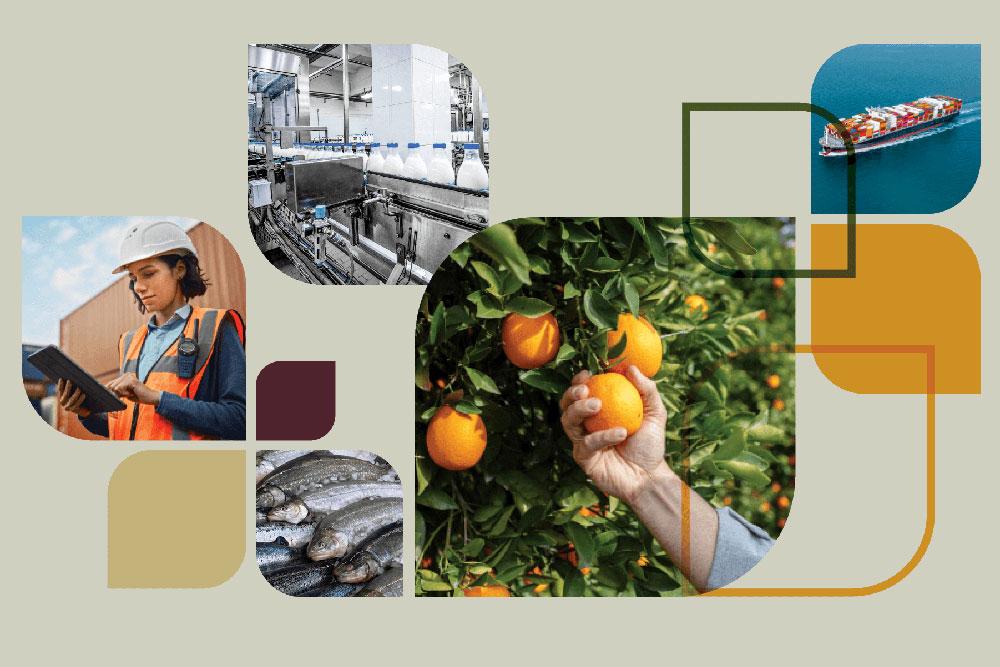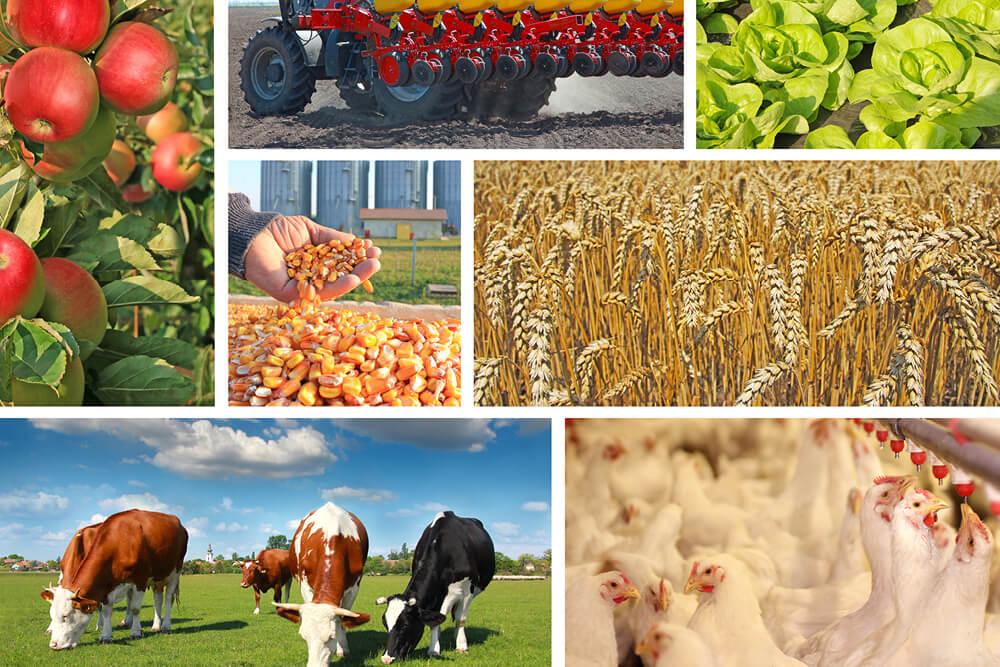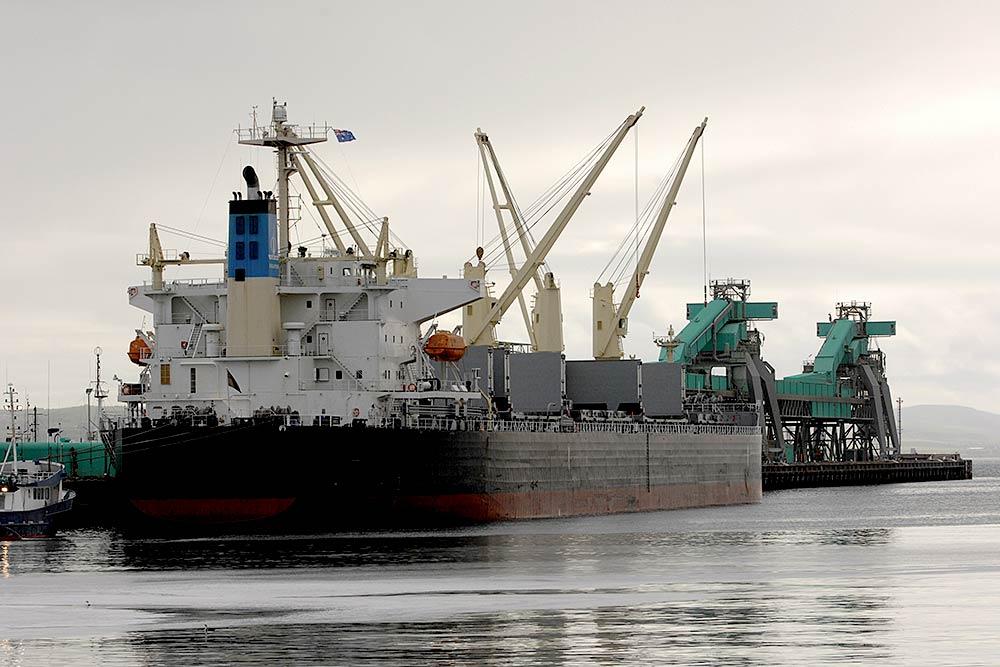A newly published ABARES Insights report has emphasised concerns around non-tariff barriers (NTBs) and their sharp increase in recent years.
The report, Non-tariff barriers: a multi-billion dollar burden, sheds light on the costs created for Australian agricultural exporters from non-tariff measures across the world.
Executive Director of ABARES, Dr Jared Greenville, said the report’s findings highlight the need for strong and sustained effort by government to combat the growth of NTBs to minimise their impact on trade.
“The Insights report shows the rising burden associated with NTBs” Dr Greenville said.
“We are seeing the use of NTBs rise as tariffs fall, causing concern that one form of trade distortion is being replaced by another.”
“NTBs impose higher costs for Australian agricultural exporters as they can restrict products entering a country due to licensing requirements and product labelling requirements, amongst others.”
“While the average tariff on agricultural goods has dropped globally from 26% to 12% since 1995, we have seen a consistent and steep increase in NTBs growth across the world since 2014,” Dr Greenville said.
While some non-tariff measures may increase trade, findings from the report indicate that at a product level, NTBs cause the equivalent reduction in trade as a 19% tariff on average.
New modelling in the report shows that the removal of NTBs could result in $4 billion in annual benefits for the Australian agricultural industry, but efforts to address NTBs must be specific and targeted.
“The rise in NTBs unfortunately reduces opportunities for businesses looking to participate in international markets.”
“Better market access is important to Australian agriculture and the jobs its supports. It also supports efforts to diversify our export markets for our agricultural products.”



